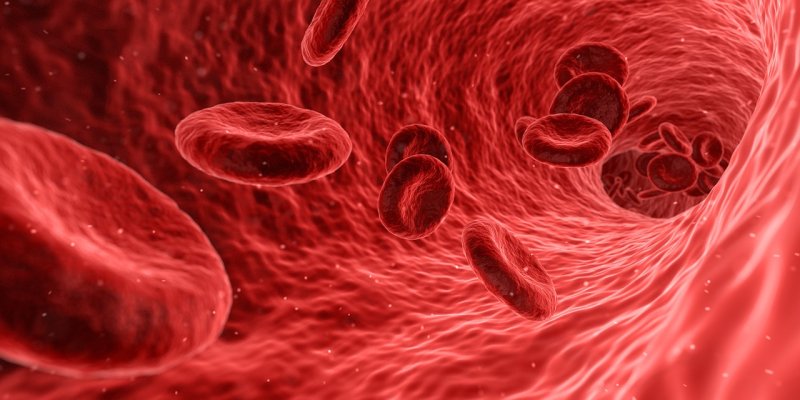Grown in a petri dish from stem cells, an organoid uses its three-dimensional structure to imitate the look and function of an organ. Photo by qimono/Pixabay
Jan. 17 (UPI) -- Lab-grown blood vessels could push forward research on a host of vascular diseases, researchers say.
Scientists successfully grew blood vessels replicated from organoids, which may lead to new treatments for diabetes, among other diseases, according to a study published Wednesday in Nature.
"Being able to build human blood vessels as organoids from stem cells is a game changer," Josef Penninger, director of the Life Sciences Institute at University of British Columbia, said in a news release.
Grown in a petri dish from stem cells, an organoid uses its three-dimensional structure to imitate the look and function of an organ. Researchers study organoids as if they were the actual organ to gain insight on how to better treat diseases and improve health.
"What is so exciting about our work is that we were successful in making real human blood vessels out of stem cells," said Reiner Wimmer, a researcher at Institute for Molecular Biotechnology of the Austrian Academy of Sciences. "Our organoids resemble human capillaries to a great extent, even on a molecular level, and we can now use them to study blood vessel diseases directly on human tissue."
For this study, researchers exposed a "diabetic" environment to a petri dish filled with blood vessel organoids.
Diabetes can cause a number of ailments, like the abnormal thickening of the blood vessels at the basement membrane, impairing the flow of oxygen and nutrients to cells and tissues. This can lead to kidney failure, blindness, strokes, heart attacks, as well as peripheral artery disease, which leads to amputations.
The World Health Organization reports that about 1.6 deaths in 2016 were attributable to diabetes.
The researchers hope this work will help them find the underlying causes of vascular disease, and help in the development of new diabetes treatments.
After testing various anti-diabetic medications, they found that an inhibitor of γ-secretase stopped the thickening of blood vessel walls in test animals, which could help to better treat diabetes.
"Surprisingly, we could observe a massive expansion of the basement membrane in the vascular organoids," Wimmer said. "This typical thickening of the basement membrane is strikingly similar to the vascular damage seen in diabetic patients."















